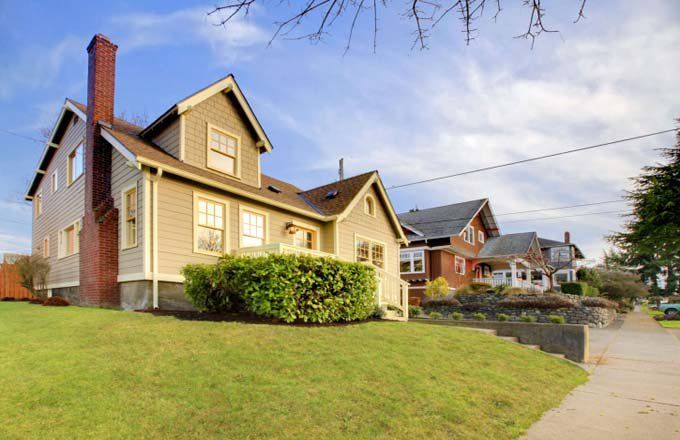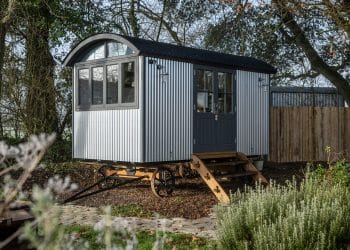Are you struggling to pay your bills? Are you behind on your house payments? Have you received a foreclosure notice? Being evicted by the sheriff is not inevitable. Let’s look at some of the options you have when you may lose your home.
Apply for Mortgage Modification Programs
There were programs set up during the Great Recession that made it easier to reduce the principal owed on your home or stretched out the loan terms to lessen the monthly payment. Most of those ended around 2016. Yet there are still mortgage modification programs available in some cases. For example, you can file for foreclosure protection after a natural disaster. A number of states fall under the Hardest Hit Fund program.
Another solution is applying for a mortgage modification program through the lender. They may not accept the application, but it is better than foreclosure.
Arrange a Short Sale
A short sale is when you sell the home on short notice. It may include selling the home for less than it is worth. If the sale is for less than the outstanding mortgage balance, the lender has to approve it. You’ll owe the difference between what is owed and what the home buyer pays, but you’ll have a few weeks before the lender starts to pursue you for the difference.
If you’re giving up the home’s equity to get out of the house, you’ll eliminate that debt and that monthly payment. A short sale doesn’t hurt your credit as much as a foreclosure does.
Arrange a Deed in Lieu of Foreclosure
A deed in lieu of foreclosure means you voluntarily return the deed to the financial institution that holds the note. This is only an option if there are no other liens against the home. For example, it isn’t an option if you have a second mortgage or home equity line of credit against the house with another creditor. It also isn’t an option if there is a mechanic’s lien against the home. One benefit of the deed in lieu of foreclosure is that you have more control over when it happens, though it must happen before the house is up for sale on the courthouse steps. Another benefit of this approach is that it is cheaper. If the home goes into foreclosure, the bank won’t just demand the unpaid loan balance but will tack on the legal fees from the foreclosure.
File for Bankruptcy
Filing for bankruptcy will prevent your home from being foreclosed for at least a little while. This is because simply filing for bankruptcy forces your creditors to stop the foreclosure process. You still owe the outstanding balance. However, the bankruptcy process gives you more room for negotiation if you want to catch up on payments. Work with a good bankruptcy attorney so that all of your payments are included in the repayment plan so that you don’t find yourself unable to make the payments because you left out a major line item.
Or you can give up the house to your creditors. The benefits of bankruptcy in this case include handling the transfer of the house along with all the other assets you are giving up getting more time to find another place to live. While a liquidation bankruptcy is painful, it can often be easier if you do it at one time than losing your car, your home and other items on payments.








